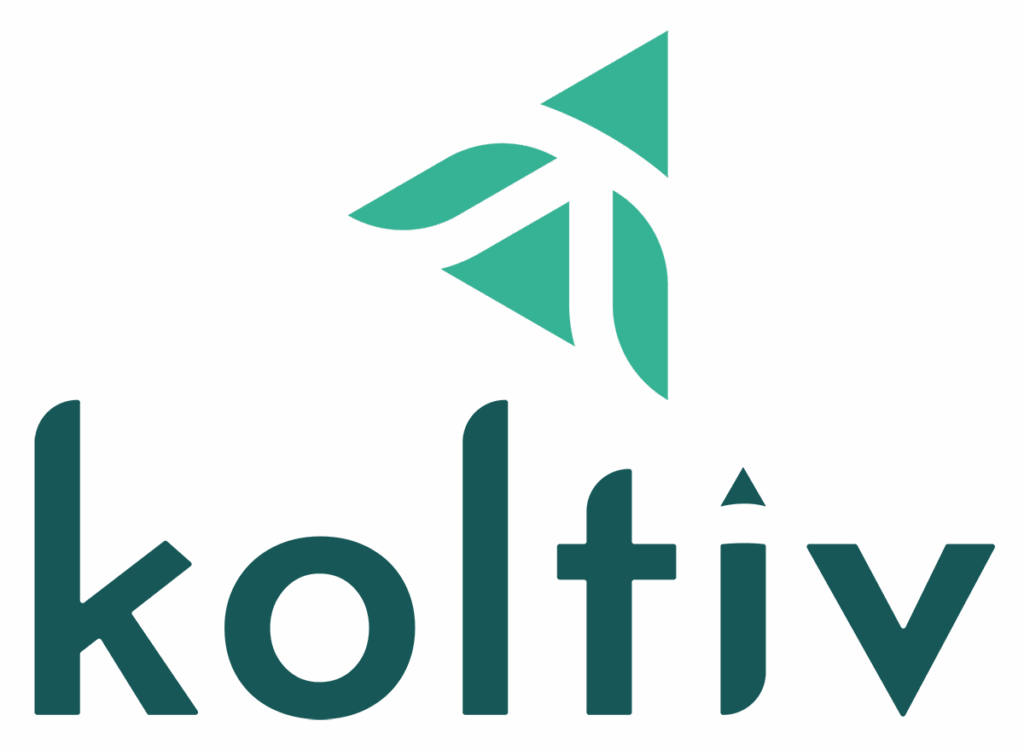Connecting service-based learning with rural Iowa businesses’ needs
Drake professor documents results of student projects that bring basic web presence to small-town businesses

JOE GARDYASZ May 9, 2019 | 9:10 pm
3 min read time
668 wordsBusiness Record Insider, Retail and BusinessUniversity: Drake University
Researcher: Alanah Mitchell, associate professor of information systems
Status: Published on July 31, 2018, in the Journal of the Midwest Association for Information Systems
Research overview:
Small-scale retail and service business owners, particularly in rural communities, don’t have the knowledge, skills, time or money to develop an online presence for their businesses. However, they increasingly realize that they need a web presence to attract customers. Additionally, research suggests that college students can benefit from participating in projects that provide real-world experience. Alanah Mitchell, an associate professor of information systems at Drake University, conducted the study, “Small Business Website Development: Enhancing the Student Experience Through Community-Based Service Learning,” to present her findings about lessons from a student partnership with small businesses from a rural community in Iowa.
The method:
Sixty-six Drake students in the information systems program were partnered in small groups of four to five each with 15 small businesses in the town of Manning, Iowa. A community leader helped to identify the businesses interested in participating in the project, which included a broad array of different retail and service businesses, from repair shops and a bowling alley to a pharmacy and a child care provider. The goal of the businesses was to develop an online presence to include locations, hours, services, contact and other general information.
“The impact on student learning — to be able to produce deliverables and work with a real client — enabled the students not only to use their technical skills,” Mitchell said. “They also acquired the advanced skills of working with a client as well as working with a team. I think it was very successful from that standpoint. For the businesses, they were able to, in a very inexpensive way, have someone develop a website presence for them, to be online for the first time.”
The project, which began in midsemester and accounted for 20% of the grade, was a requirement for the researcher’s Website Technologies course. Once the project was underway, the students were required to produce three deliverables: a client interview; initial website implementation; and a final revised website, revision documentation and maintenance instructions.
Results:
Following the project, both the students and the small business owners were surveyed about their satisfaction with the course project. Among the 15 businesses, this was their first online presence for each of them, and 90 percent of the businesses reported that the students were able to successfully meet their needs. Mitchell noted that although 10 of the students perceived that they were not able to meet the needs of their client, there was only one business owner who was unhappy with the results. Because the project provided the business owners with a better understanding of their website development needs, it provided them helpful information if they wanted to expand their website in the future.
Conclusion:
The research “provides clear evidence of the viability of using community-based service learning to encourage both student learning as well as addressing the needs of small business web development,” Mitchell wrote. In terms of practical applications, this work can serve as an option for small business owners looking for website development skills and assistance. Additionally, the research results provide a guide for faculty looking to identify businesses or communities that could benefit from assistance with their online presence.
“This research study was the first time I’ve done this as a project,” Mitchell said. “Since then we’ve been able to replicate that success a couple more times.”
Drake professors have access to potential projects through the university’s Office of Community Engaged Learning and Service, she said. “I’m able to find a lot of collaborations from that group. Drake students are so impressive, it’s a joy to be able to do projects like this with them out of the classroom.”
Resources










